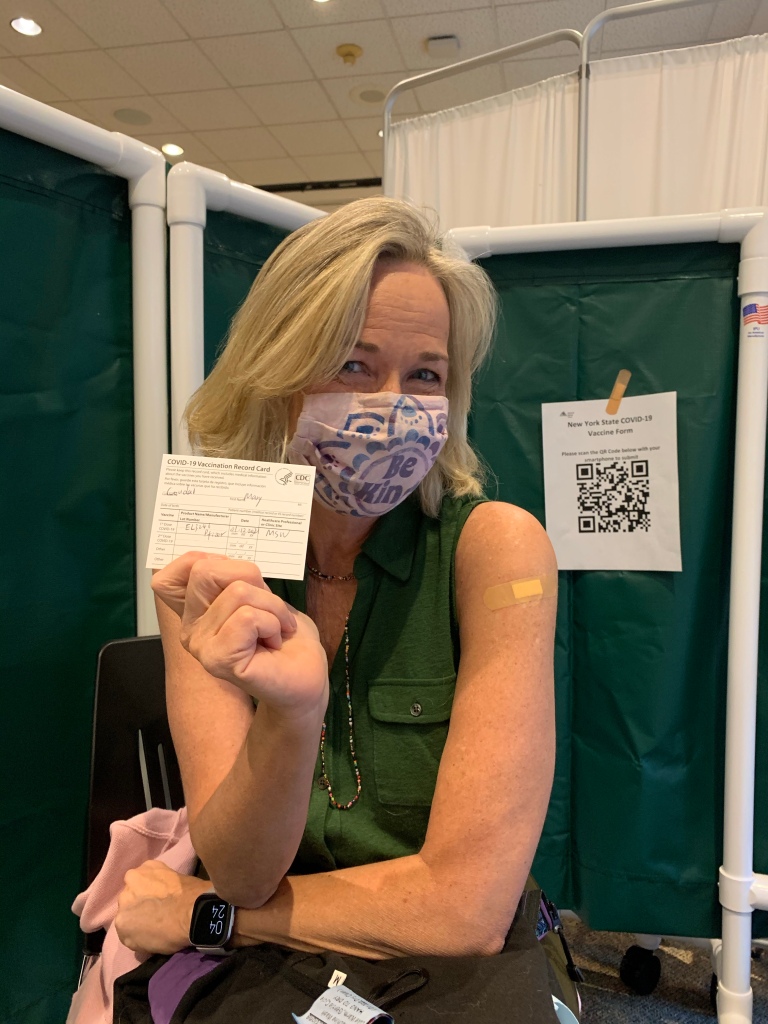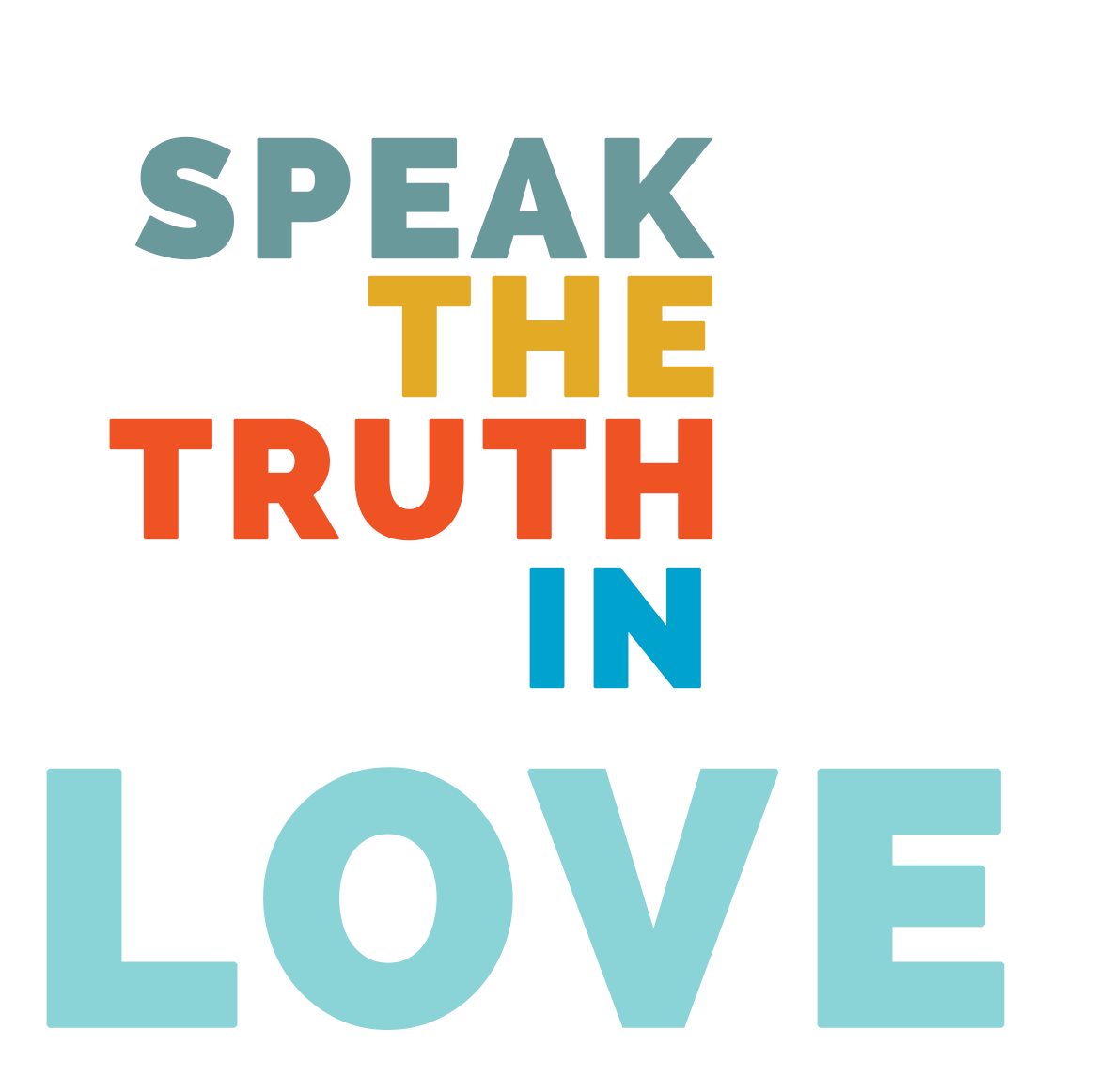On New Year’s Day (Do I apostrophize? Note to self: check that.)
I citibiked to 100th Street. (Note to self: get a helmet. Also, note: how nouns become verbs.)
To get a COVID test. (Rapid or reliable? Reliable? The efficacious front desk clerks says, “That will be three to five days for results.” The breezy LPN says, “Expect results in two days. We have to say five.”)
Choose reliable. Wait longer for better.
In waiting room. (Or am I in exam room? Where am I? Note to self: find out where I am.)
I check my feed. (No, wait, note to self: you said you would do poetry first. Too late. You check your twitter feed. The world is falling apart. Has fallen apart. Note to self: stay together. stay in one piece. do not let the world dictate your mood.)
Now. Now. Complete your vow. The vow to write. Write daily.
Visit the poetry foundation every morning. First thing in the morning. Read a poem and the poem, like an umbrella, protects you from the downpour.
What downpour?
(Note to self: avoid the news until you have written or read your daily poem.)
The LPN swabs deep to the brain. Checks the swab.

I wrote this a month ago. I have trouble finishing things sometimes. I am a sprinter not a long-distance runner. What can I say? The test was negative.
In other news, on Wednesday, I will receive my second vaccine shot. As a teacher, I was deemed ‘essential.’ I lunged at an appointment as soon as New York opened sites for educators.
I’ve been toying with the idea of writing a Church a Day post again. See, tomorrow begins #the100day project. I thought of 100 projects I could do:
- creating abstract art
- choosing mindfulness
- simplifying
- caring for my skin
- accepting the world as it is
- holding self compassion
- noticing beauty
- selling my stuff
- writing thank you cards
- calling old friends
- wearing dresses and skirts
- talking quietly
- listening more
- finding meaningful work
- sharing positivity
- traveling during the pandemic
- giving hope away
- slowing down
- writing my novel and memoir
Yes, these are the ideas I had and then I took a bath. And it came to me as I was submerged under the lavendar water: I could visit a church a day again. I have the time. But are churches even open again?
When I embarked on that blog a million years ago, visiting a church a day allowed me to think about God and my life’s meaning and purpose. The daily pause could even ignite me to do many of the things on my list. And, of course, to pray for an end to this pandemic.




